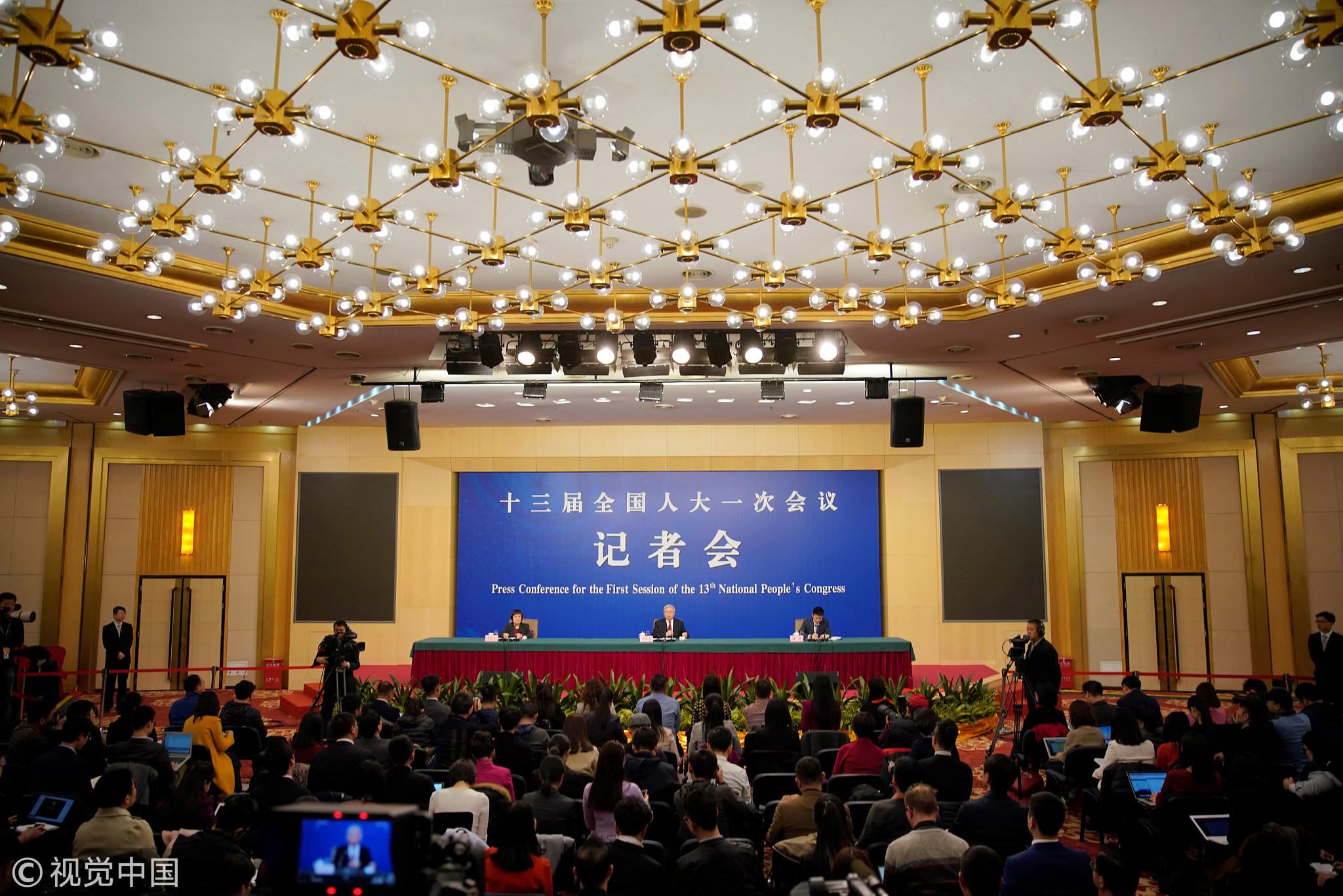
Opinions
17:34, 09-Mar-2018
Is it fair for the West to criticize China's human rights record?
Zhang Weiwei

Editor's Note: Zhang Weiwei is a Chinese professor of international relations at Fudan University, and a senior research fellow at the Chunqiu Institute. He is the author of The China Wave: Rise of a Civilizational State. The Chinese Way by Zhang Weiwei is a 10-part CGTN Digital series casting a critical eye over the governance of modern China. Professor Zhang identifies merits and flaws in the Chinese system and contrasts the China model with Western equivalents in a series of short films.
- China regards poverty eradication as its top priority in promoting human rights
- The West should reflect on its own human rights issues, like equal pay and the Iraq War
China’s approach to human rights is often criticized by overseas observers. Scholar Zhang Weiwei argues that not all human rights can be achieved simultaneously, and by concentrating on poverty reduction China has changed the lives of 700 million people since the 1980s.
China is often singled out by the West for allegedly violating human rights, and the West often describes China's human rights situation as deteriorating.
So we have to discuss human rights openly and honestly.
To my mind, whether the state of human rights in China is good or bad, one should, first of all, ask the Chinese – not Americans or Europeans. You could ask any Chinese you meet, whether in China, Europe or America, how is China’s human rights situation today? I believe most Chinese will tell you that it’s better than any other time in history. China now “exports” 130 million tourists a year, and 99.999 percent of people return to China. Why would they prefer to return to a country without human rights? Obviously the opposite is true; China is a country where human rights have progressed the most. It’s so basic and it’s a common sense assessment, at least, for most Chinese.
No country in the world can realize all human rights simultaneously, and there should be priorities in achieving human rights.
- Zhang Weiwei
It’s always mind-boggling to me that many in the West believe that they know China better than the Chinese, Africa better than Africans, or Russia better than Russians. This is wrong. Take Africa as an example, the West always thinks that democratization should be Africa’s top priority, but it should at least ask the Africans themselves what they think about it. I have traveled to many African countries, and I can say that most Africans want, first of all, to solve such human rights issues as food, jobs, the treatment of diseases and street safety. But the West asks them to place democratization above everything else, and in the end, how many of these countries end up in chaos?

Liu Yongfu, Minister of the State Council Leading Group Office of Poverty Alleviation and Development, holds a news conference on the sidelines of China's National People's Congress (NPC) in Beijing, China, March 7, 2018. /VCG Photo
Liu Yongfu, Minister of the State Council Leading Group Office of Poverty Alleviation and Development, holds a news conference on the sidelines of China's National People's Congress (NPC) in Beijing, China, March 7, 2018. /VCG Photo
No country in the world can realize all human rights simultaneously, and there should be priorities in achieving human rights. China does not follow the Western preference and regards poverty eradication as its top priority in promoting human rights, and hence has lifted over 700 million people out of poverty since the 1980s. This fact has changed China and the world forever. If China only embraced Western standards, then poverty eradication would not be considered as serving human rights – which is of course nonsense, but we have no time to wait for the West to wake up, and we have done what we think is right.
The West should reflect seriously on its own human rights issues.
- Zhang Weiwei
Actually, the West should reflect seriously on its own human rights issues. For instance, most of them – if not all – have yet to practice equal pay for equal work. If you ask me what the most serious and gross violation of human rights is in the 21st century, I would say it’s the Iraq War, launched by the United States against the will of the Iraqi people and that of the international community. How many innocent lives have been lost in this war? Hundreds of thousands. How many people have been made homeless by this war? Millions upon millions.

A man raises his fists as he marches through the streets during an anti-war demonstration to mark the one-year anniversary of the Iraq war, San Francisco, California, March 20, 2004. /VCG Photo
A man raises his fists as he marches through the streets during an anti-war demonstration to mark the one-year anniversary of the Iraq war, San Francisco, California, March 20, 2004. /VCG Photo
With regard to the Western discourse on human rights as a whole, I also detect a few weaknesses in it. It fails in keeping a balance between civil and political rights and economic, social and cultural rights. For instance, the American concept of human rights does not include economic, social and cultural rights. If the US could only tackle the issue of nearly one in six Americans without medical insurance from a human rights perspective, it would perhaps be much easier for the US to solve the issue.
In short, the protection of human rights is a noble cause for all nations, so no double standards should be applied.

SITEMAP
Copyright © 2018 CGTN. Beijing ICP prepared NO.16065310-3
Copyright © 2018 CGTN. Beijing ICP prepared NO.16065310-3